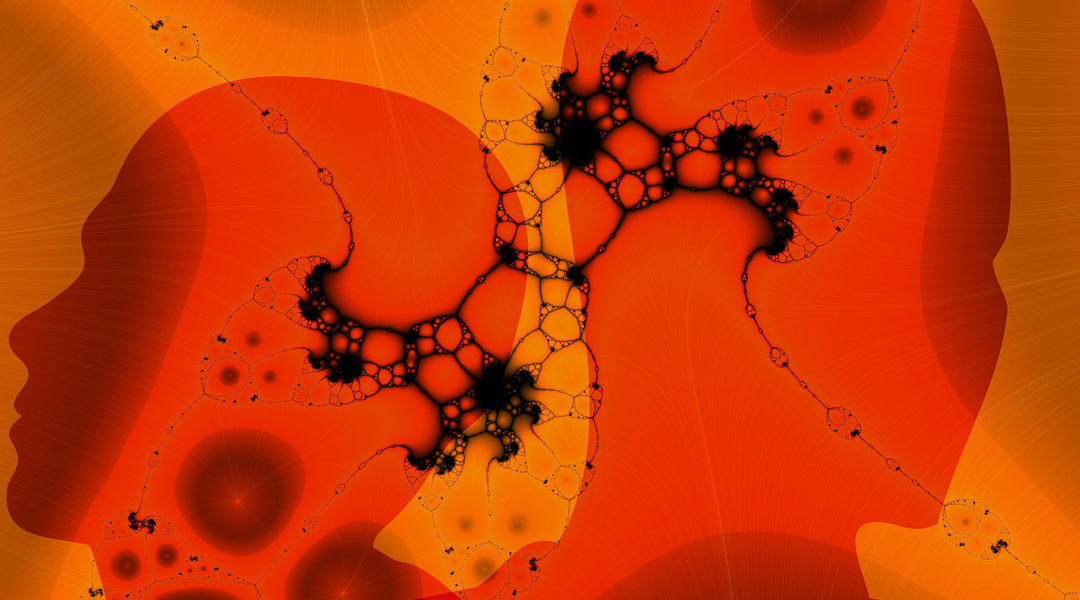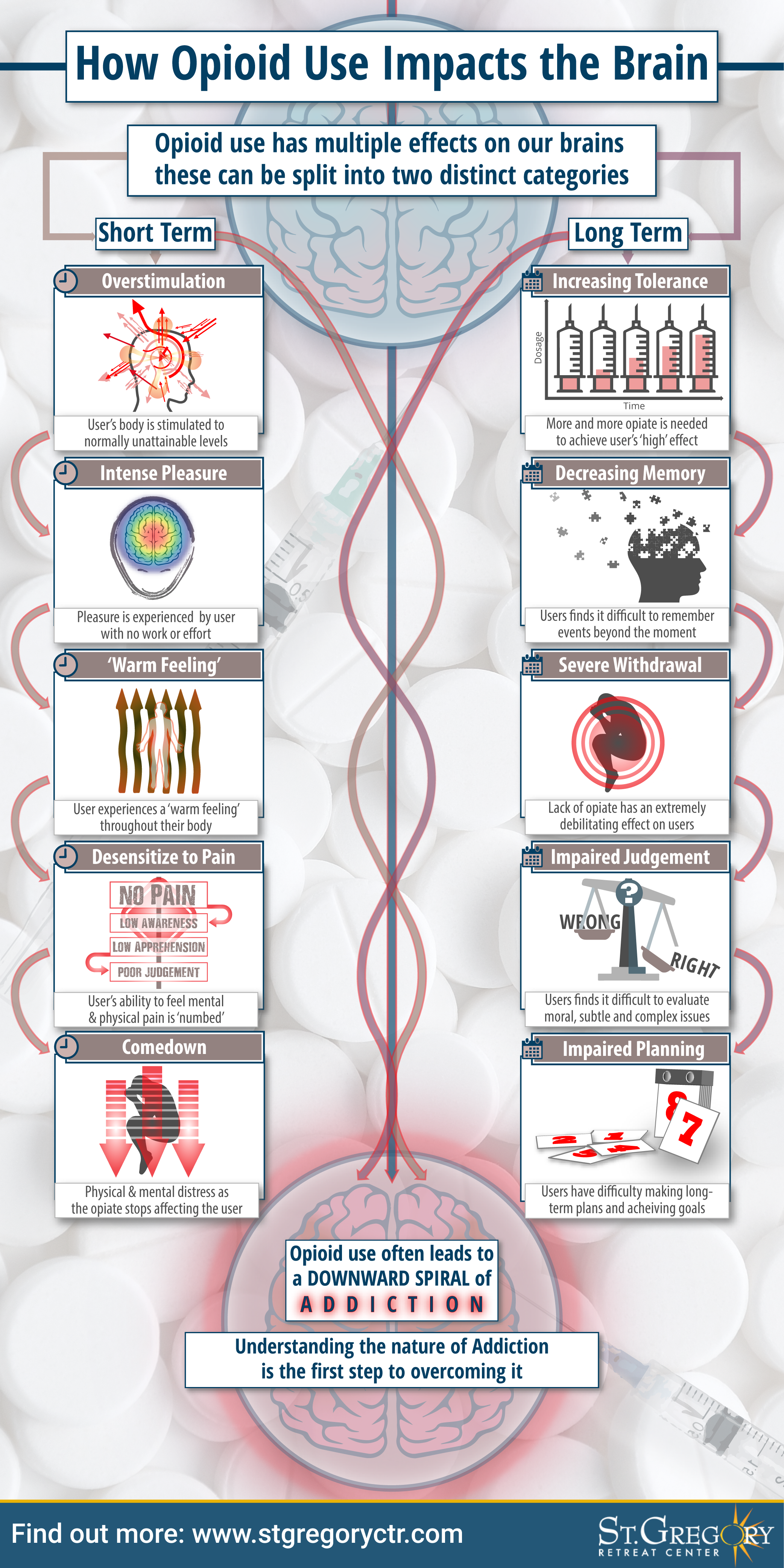How Opioid Use Impacts the Brain
The opioid problem is becoming increasingly severe and is impacting lives around the world in profoundly negative ways. Although police and mental health professionals have been searching for an answer that could put an end to the crisis, the problem is still out of hand.
If we want any hope of addressing opioid addiction and protecting people from the complications that come with it, we need to understand the effects of opioid use on the body in the short- and long-term. Opioid abuse can cause several changes that impact the way people perceive the world, and taking a closer look at the threat is the first step toward a solution.
The Short-Term Effects of Opioid Use on the Brain
The short-term impact of opioid use is the reason that many people seek the drug and continue to use it despite the negative impact it can have on their lives. When it first enters the bloodstream, it will quickly make its way to the brain, and users will notice the difference within a few seconds to minutes, depending on the method of administration.
Once the effects begin, the opioids trigger the reward center and create deep feelings of satisfaction, peace and euphoria. Those who use the drug will also notice a warm sensation that will cover their entire bodies for a short period. During this stage, people forget about their worries and feel as though nothing could ever bother them.
While these effects can sound enticing, they make opioids a threat to society. The pleasant feelings associated with opioid use do not last for long, and the crash that comes once the effects wear off can be a painful experience. Most people will never feel as happy as opioids can make them, so the search for the next high can begin as soon as the first one ends, creating a dangerous situation from which escape is nearly impossible.
The Long-Term Impact of Opioids on the Brain
Nobody plans to become addicted to opioids, but addiction can come when you least expect it, catching you off guard. When people use these drugs for extended periods, they will start to notice the long-term impact on their bodies. Since the opioids trigger the reward center, your body won’t need to produce its own mood regulators.
When that happens, people who use opioids will have trouble feeling happy and relaxed unless the drug is in their system, but that is not all. Those who use opioids on a regular basis will even experience impaired executive functions, including focus, problem-solving skills and the ability to plan for future events. Long-term drug use will make it hard to remember details and to recall past encounters.
When the desire for the euphoric effects of opioids combines with impulsivity and a lack of reasoning skills, combating the addiction is a challenging task for anyone. When your body grows accustomed to having opioids, its neurotransmitters will become desensitized to them. After addiction gets to that stage, the users will need to increase the dose to get the desired effects. Maintaining the habit will become progressively expensive and cause people to face a range of other problems.
(Continued after image…)
The Downward Spiral of Opioid Abuse
Continued drug use often causes people to lose their jobs and relationships, and many of them will go to jail. Prolonged opioid use may also lead to other medical conditions, not limited to hepatitis, HIV, and overdose. Facing these problems can cause stress and depression, and users don’t know what to do so that they can escape from the nightmare. By the time that they notice the problem, addiction has already tightened its grip. Users will then turn to the one source of comfort that they know, and the cycle will repeat.
Finding Treatment for Opioid Addiction
When people use opioids for the first time, they often plan to do so on occasion but have no idea how powerful the addiction can be. After they become an addict, they may turn to selling the drug to others so that they can fund their own habit, causing opioid addiction to spread at an incredible speed. Knowing the dangers of addiction and how it impacts the body and a person’s ability to make rational decisions will give us the tools to find a cure, but everyone must work together.
Education and support are the keys that give us hope for a better future. Despite the damage addiction can cause, the mind is an amazing tool and can recover when you use the right strategy. With a combination of neurocognitive rehabilitation and cognitive behavior therapy, you can reverse addiction and reinforce positive habits.
If you or a loved one are facing opioid use or opioid abuse and addiction, help is available. Contact an addiction professional today at St. Gregory Recovery Center to find out how we can help.








